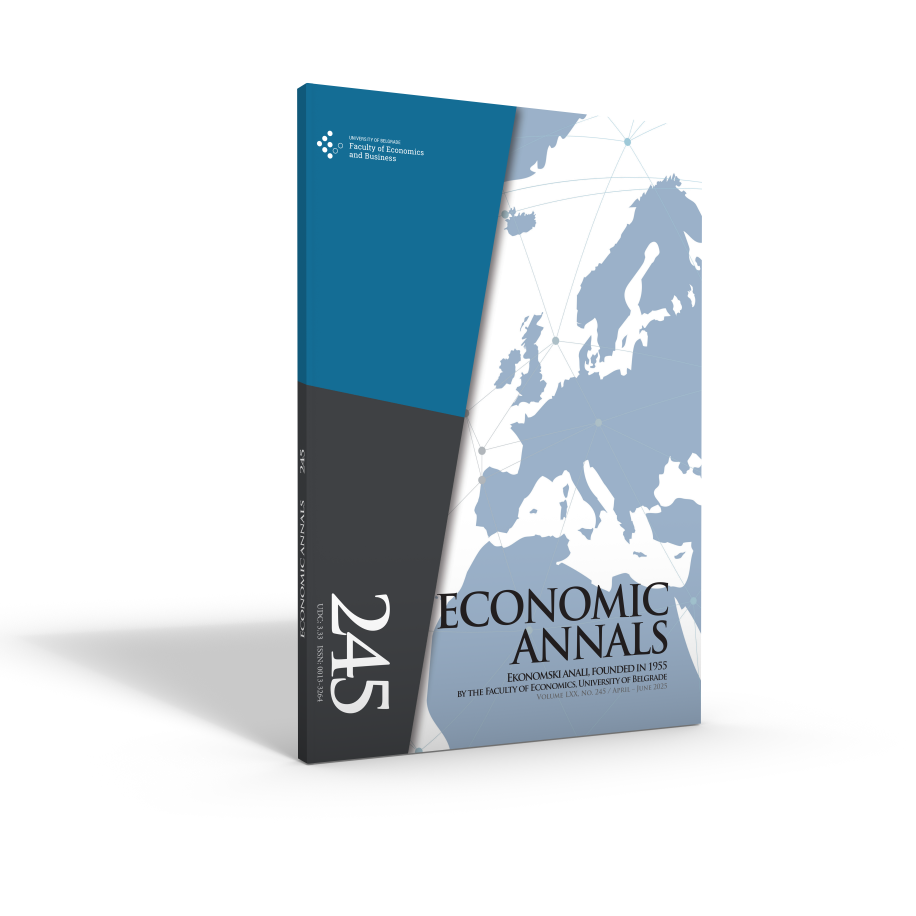INTERACTIVE BEHAVIOUR BETWEEN CURRENCY SPECULATORS, MONETARY AND FISCAL ACTORS TO MINIMISE SOCIAL LOSS: A GAME THEORETIC ANALYSIS
##plugins.themes.bootstrap3.article.main##
##plugins.themes.bootstrap3.article.sidebar##
Vahid Nikpey Pesyan
Zahra Salimi
Abstract
In this study, using game theory and the cooperative Stackelberg game model, the extent of social loss resulting from various interactive behaviours among monetary policymakers, fiscal policymakers, and currency speculators was assessed using economic parameters from Iran over ten years (2013–2022). Three strategies for each player (government, central bank, and currency market participants) were defined by their objectives, and through optimisation, the reaction function for each player was determined. This approach helped to identify the optimal interactive strategy among these players to minimise social loss. The findings of this research indicate that in a cooperative game between the government and the central bank, more favourable outcomes are achieved when the government assumes the role of the leader, as opposed to when the central bank leads. Furthermore, prioritising the exchange rate gap over other economic variables improves outcomes when the central bank acts as the leader. Specifically, these results suggest that for fiscal policymakers, the importance of budget balance outweighs the significance of the interest rate and exchange rate gaps. Under such circumstances, the social loss during the examined period is lower than that in other scenarios, signifying the optimality of this approach in terms of minimising social loss.
##plugins.themes.bootstrap3.article.details##
social loss, currency speculators, monetary policy, fiscal policy, cooperative game


 https://orcid.org/0009-0007-8986-5260
https://orcid.org/0009-0007-8986-5260